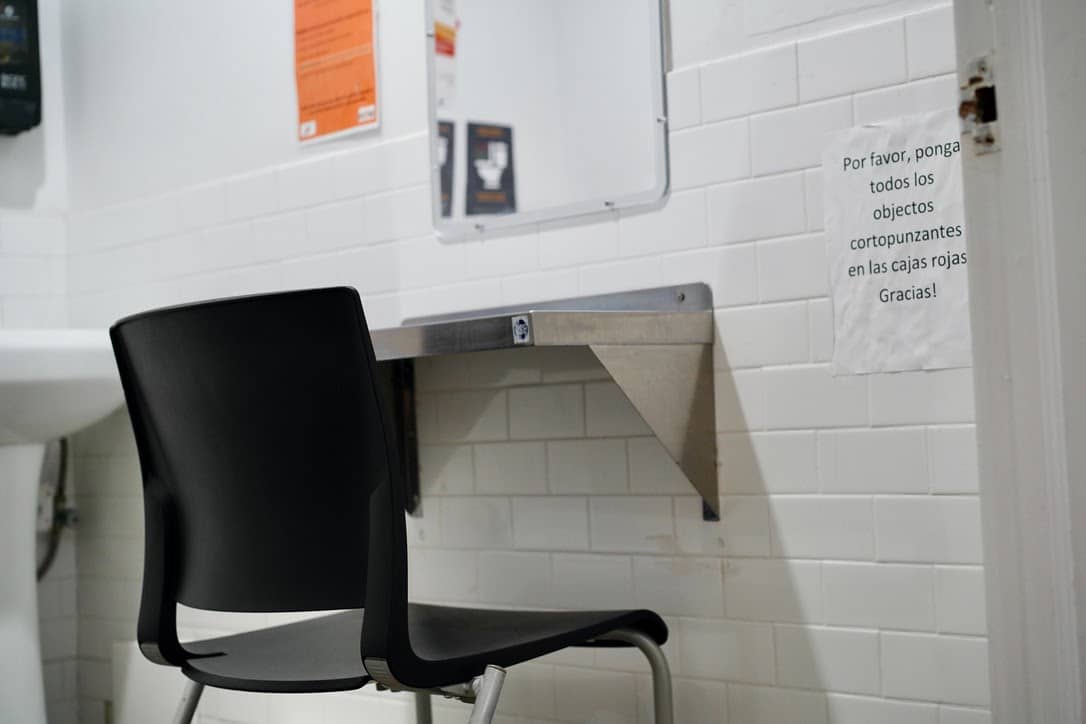On June 7, Vermont Governor Phil Scott (R) vetoed House Bill 728, which would have created an Overdose Prevention Site Working Group to research such sites and move toward opening one or more within the state. The bill also contained several other provisions to expand harm reduction resources, but those were not the source of the governor’s objection.
“From my standpoint, it seems counterintuitive to divert resources from proven harm reduction strategies to plan injection sites without clear data on the effectiveness of this approach,” Scott wrote to the state’s General Assembly, belying the existence of clear data on the effectiveness of this approach.
In November 2021, OnPoint NYC opened the United States’ first two authorized safe consumption sites (SCS), also referred to as overdose prevention sites. The two SCS have averted more than 300 overdoses to date, far exceeding expectations. Scott wrote that the evidence only supports SCS in “large cities” and wouldn’t apply to the vast majority of Vermont, even though the state’s first SCS would almost certainly be in Burlington.
At least 210 people died of opioid-involved overdose in Vermont during 2021, a sharp increase from the 158 deaths recorded in 2020. Scott touted Vermont’s syringe service programs (SSP), as well as its Narcan and fentanyl test strip distribution, as “proven, evidence-based approaches to saving lives.” Yet his veto restricts access to precisely those things.
Scott emphasized access to medication for opioid use disorder, but his veto hamstrings that too.
The law as it will remain in place limits authorized SSP to those affiliated with “an AIDS service organization, a substance abuse treatment provider or a licensed health care provider.” House Bill 728 would have removed that reference, giving a legal foothold to community-based, peer-led syringe distribution. The bill also would have exempted harm reduction supplies from the state’s “paraphernalia” statutes, to remove criminal penalties for sale of such supplies to minors.
Scott’s letter to lawmakers repeatedly emphasized the importance of access to medication for opioid use disorder (MOUD), but his veto hamstrings that too. The bill would have required Medicaid to cover MOUD for eligible recipients, without prior authorization.
Despite obstruction in Vermont, nationally SCS are slowly but undeniably gaining momentum. Almost a year after Rhode Island approved a pilot to operate SCS, applications opened to actually do so. On June 1, California advanced a bill that would test SCS in Los Angeles, San Francisco and Oakland. And in Philadelphia, long-embattled Safehouse is at last having “productive” talks with the Department of Justice that indicate its ongoing lawsuit is moving—slowly—toward a resolution.
Photograph of OnPoint NYC booth courtesy of Helen Redmond





Show Comments